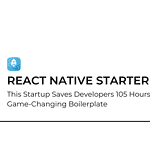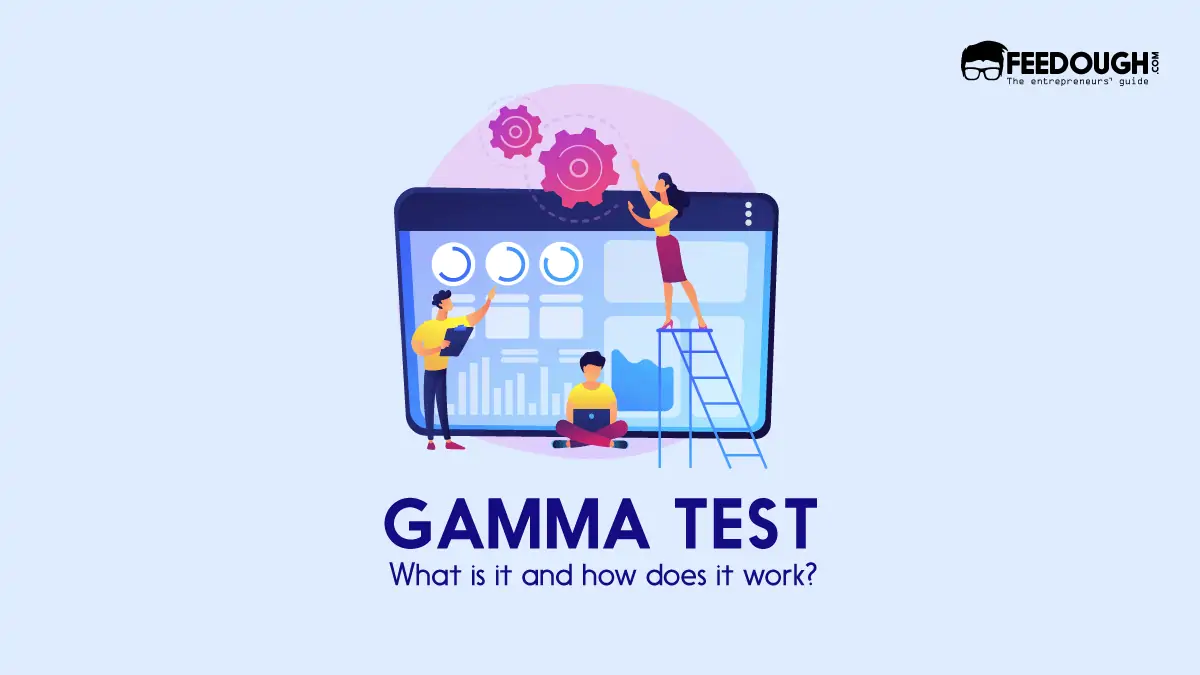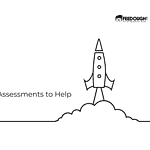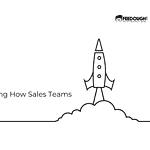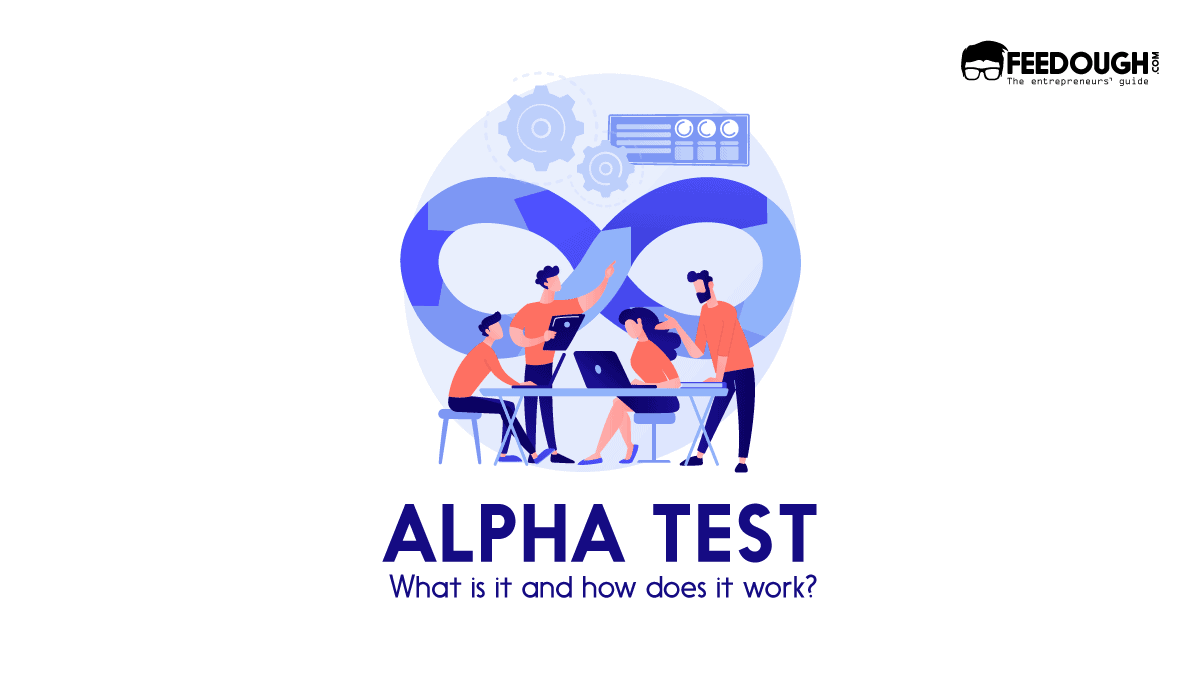The gaming industry faces a challenge in capturing genuine player feedback without exhausting resources. Traditional game testing often depends on tedious manual processes and scattered analytics, leaving developers at risk of missing essential insights that could impact a game’s success. This lack of clarity can lead to costly mistakes, which may threaten future projects and, in some cases, entire studios.
Developers are currently sorting through piles of videos or relying on cumbersome questionnaires to gauge player reactions. But what if there was a smarter way? A way to harness technology to glean deep emotional insights directly from gameplay?
Enter Pyxidis—a startup on a mission to transform game testing through automation. With a team steeped in machine learning and game development, Pyxidis has crafted an AI-powered solution that analyses player emotions in real-time, paving the way for richer, more actionable feedback. Is this the answer to more effective game testing?
We spoke with CEO Andrey Chemikhin to uncover how Pyxidis is not just identifying problems in game testing but is also offering solutions that could redefine the industry altogether.
What is Pyxidis?
Pyxidis is an AI-driven platform designed specifically for game developers seeking efficient ways to test their products. The startup has identified a critical gap in the game testing process—the time and resources consumed by manual analytics and the inability to capture nuanced feedback from players during gameplay. By focusing on these challenges, Pyxidis serves developers who want actionable insights without the burden of tedious and time-intensive processes.
The primary problem Pyxidis addresses is the unpredictability of market reactions due to inadequate player feedback. Traditional methods often fail to provide real-time emotional insights, which are vital for refining gameplay and enhancing user experience. Pyxidis leverages advanced emotion recognition technology that captures players’ reactions through webcam analysis. This results in comprehensive reports detailing emotional responses, frustrations, and overall engagement, offering developers a clearer picture of their games’ strengths and weaknesses.

What sets Pyxidis apart from its competitors is its unique approach to processing video playtests. While other platforms may focus on questionnaires or rely solely on video footage, Pyxidis provides in-depth emotional analytics that go beyond surface-level feedback. This focus on emotional insight allows developers to make informed decisions early in the development process, aiming to increase the likelihood of a successful game launch.
Pyxidis Founders
Andrey Chemikhin stands out as the CEO of Pyxidis, bringing a wealth of experience in machine learning and robotics. Since 2018, Andrey has honed his skills in ML tasks, showcasing his ability to address complex technological challenges. His technical expertise provides a strong foundation for the startup, which is built on the intersection of gaming and advanced analytics.
The founding team comprises seven highly skilled professionals, many of whom boast advanced degrees from institutions associated with MIT. Arina, one of the key team members, has focused on emotion recognition models and machine learning applications in major marketplaces since 2020. Their combined background lends significant credibility to the endeavour, highlighting a blend of engineering talent and industry knowledge. This is crucial in creating a product that resonates with the unique needs of game developers.
Pyxidis emerged from a need identified in the gaming industry. The idea first took shape in 2022 when the founding team explored using wearable technology like bracelets to capture player emotions. However, after engaging with over thirty developers, they realised that the existing methods for game testing were inefficient. This led them to pivot towards a platform that addresses both the time-consuming nature of manual analytics and the challenges in capturing real-time emotional insights during gameplay.
In the early days, Pyxidis grappled with the limitations of their facial emotion recognition model. The challenges they faced with accuracy prompted a strategic shift to a transformer-based model, which promises enhanced performance in analysing player emotions. This technical evolution highlights the team’s commitment to refining their solution in response to the industry’s demands. With a mentor who is a Senior Game Designer at a AAA studio, they are well-positioned to align their product with market expectations and ensure its relevance in the competitive landscape of game testing.
Interview with Andrey Chemikhin, CEO of Pyxidis
The team had the opportunity to interview Andrey Chemikhin, the CEO of Pyxidis, to gain deeper insights into the startup’s mission and operations.
Q: Could you share what Pyxidis does?
A: Pyxidis develops an AI SaaS platform aimed at automating game and media playtesting. Our main audience consists of game developers. We focus on solving the time and money wasted on manual testing analytics and the difficulty of capturing nuanced player feedback during gameplay. Market reactions can be unpredictable without that vital feedback, potentially leading to failures and financial losses for companies.
Q: How does your platform address these problems?
A: We provide a comprehensive system for evaluating game testing sessions and capturing player reactions through webcams. Our platform delivers detailed insights on a game’s strengths, weaknesses, emotional responses, and player frustrations. This contrasts with current practices, where analyses are done manually, or where QA companies are hired, often requiring custom scripts to gather necessary information.
Q: Can you tell us about your founding team?
A: Our team consists of seven specialists in engineering and IT, five of whom hold master’s and PhDs from MIT-associated universities. I have worked on machine learning tasks in robotics since 2018, and my teammate, Arina, has focused on emotion recognition models and ML applications in major marketplaces since 2020. We co-founded the Triple Point accelerator with MIT, and Seva has experience in game development since 2020. Our mentor is a senior game designer at a AAA studio, providing invaluable industry insight.
Q: What inspired the creation of Pyxidis?
A: We began our journey in 2022 with a concept of using a wearable bracelet to capture player emotions. However, after discussions with over thirty developers, we realised that the game testing process was both costly and time-consuming. Many studios rely on manual video reviews and scripts for feedback, highlighting a need for a more efficient solution. Emotions play a crucial role in gaming, but understanding them requires closely observing players, which is a challenge shared across studios.
Q: What challenges did you face in the early days?
A: One major issue we encountered was the limited performance of our initial CNN-based facial emotion recognition model, which did not deliver the required accuracy. To improve, we are transitioning to a transformer-based model that we believe will enhance performance and accuracy in analysing player emotions. This shift is currently unfolding, and we remain optimistic about the outcomes.
Q: How does Pyxidis differentiate itself from competitors?
A: We uniquely focus on processing video playtests and we serve as partners for our clients. Other services, like PlaytestCloud, have implemented speech transcription for mobile game testers, but this only addresses part of the solution. Many studios still base their analyses on questionnaires and gameplay videos. We are at the forefront of using trained transformers for playtesting, which sets us apart in the market.
Q: What does the future hold for Pyxidis?
A: We are preparing to launch our first cohort of tests in early September. This positions us to meet the pressing market need for streamlined and efficient game testing. We are currently a pre-revenue startup but anticipate significant growth. Our future plans also include expanding our emotion recognition model to the media industry, where we see considerable opportunities.
Q: What advice do you have for aspiring entrepreneurs?
A: Finding the right problem to solve is paramount—it’s about 70% of your victory. Understanding your market and the issues within it can lead to substantial opportunities.
Q: Any final thoughts?
A: The market for advertising and media is worth approximately $984 billion. We are aiming for our platform to analyse listener and player emotions towards various content, potentially generating substantial yearly revenues.
Feedough’s Take on Pyxidis
Pyxidis is poised to disrupt the game testing industry, combining cutting-edge AI with real-time emotional analysis. Its unique value lies in transforming traditional feedback methods, allowing developers to minimize risk and maximize success. The team’s deep tech expertise and strategic industry insights create a strong foundation for innovation. As they prepare for their launch, expect them to set new benchmarks in player feedback, making game development more efficient and insightful. However, continued iterations and scalability will be key challenges. With the right positioning, Pyxidis can redefine how developers connect with players, ensuring richer, more engaging gaming experiences.
A startup consultant, digital marketer, traveller, and philomath. Aashish has worked with over 20 startups and successfully helped them ideate, raise money, and succeed. When not working, he can be found hiking, camping, and stargazing.


